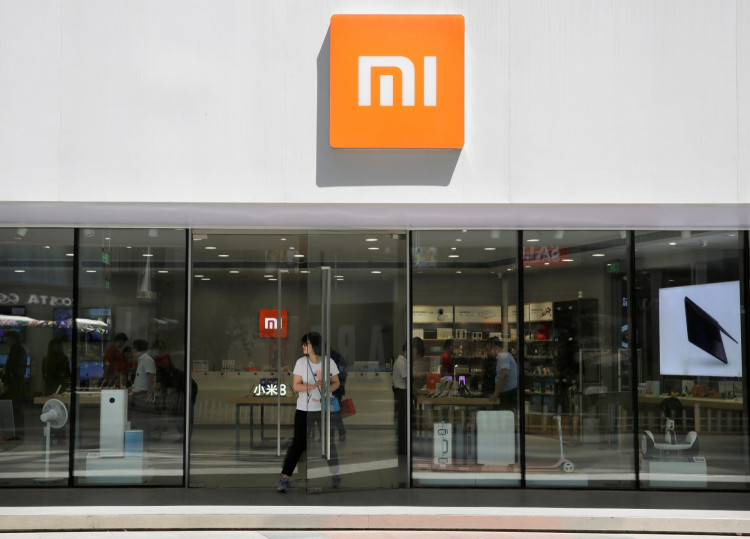Chinese smartphone manufacturer Xiaomi Corp reported a record 22.8% decline in fourth-quarter revenue on Friday, as the company grappled with a consumption slowdown and the effects of China's COVID-19 restrictions. With early indicators suggesting a gradual economic recovery in China, consumers are still hesitant to spend, even as domestic and international travel restrictions are relaxed.
During a company earnings call, Xiaomi Group President Lu Weibing remarked that China's consumer electronics sector is showing early signs of recovery, but "it will take time." He also predicted that year-on-year declines might continue through the first half of the year before a rebound occurs.
Xiaomi's fourth-quarter sales totaled 66.05 billion yuan ($9.6 billion), a 22.8% decrease from 85.58 billion yuan the previous year. While these figures slightly exceeded analyst predictions, they represent the company's fourth consecutive and most significant revenue decline on record. Net income also decreased by 67.3% to 1.46 billion yuan.
China's rapid relaxation of strict COVID-19 restrictions led to a surge in infections, adversely affecting overall consumption across multiple product categories in the fourth quarter. Research firm Canalys data revealed that all major smartphone brands in China experienced a sales decline during this period, with Xiaomi suffering the most significant blow as shipments plummeted 37% year on year. In 2022, China's smartphone sales reached a record low of 14%, with shipments dipping below 300 million units for the first time in a decade.
Xiaomi also encountered challenges in India, its largest overseas market, where it lost its position as the top-selling phone brand to South Korea's Samsung in the fourth quarter due to a shift in consumer preference toward higher-end devices. The company, along with its competitors, may also face additional security investigations from Indian authorities over national security concerns related to pre-installed apps.
Despite these setbacks, Xiaomi remains focused on its expansion into the electric vehicle market, with plans to mass-produce its first cars in the first half of 2024.






